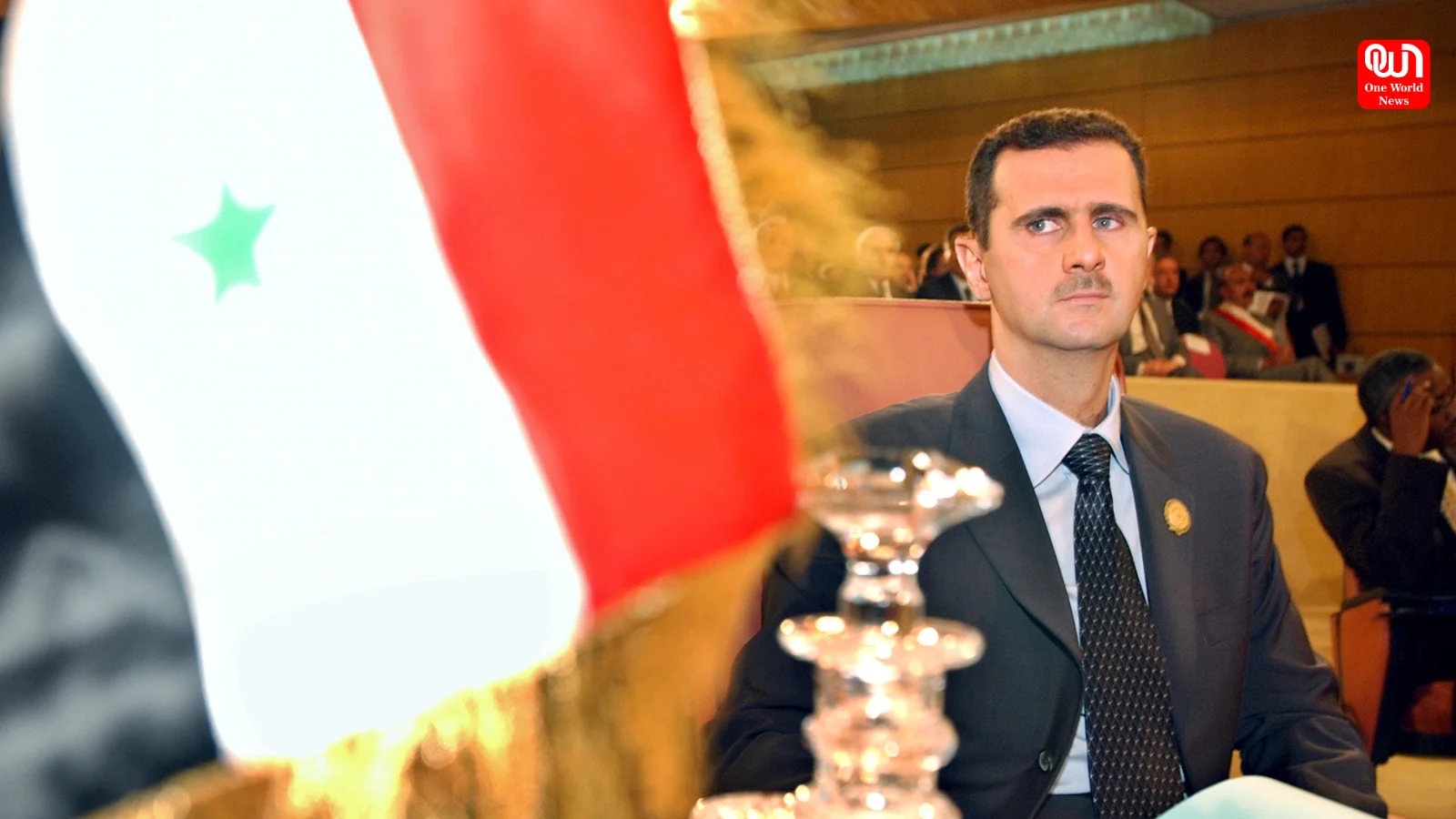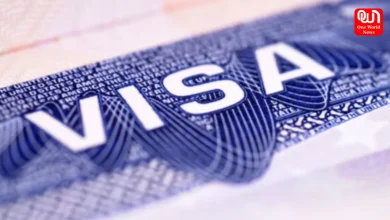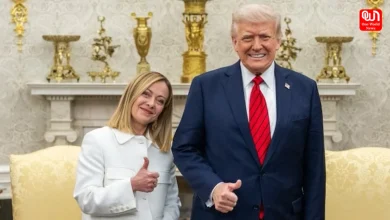Historic Turning Point: Assad Granted Asylum in Moscow Amidst Damascus’ Fall
Syrian rebels seize Damascus, ending Assad's rule. Assad flees to Moscow, marking a historic turning point in Syria's 13-year civil war and regional politics.
Historic Turning Point: Syrian Rebels Seize Damascus, Forcing Assad to Seek Asylum in Moscow Amid Middle East Geopolitical Shift

It witnessed the maximum transformation when the rebels captured the capital city, Damascus, of Syria, and the former President Bashar al-Assad and his family were taken as refugees to Moscow. Such an outcome will bring a new balance in the Middle Eastern politics by bringing an end to Assad’s 50 years of rule of Syria in a single family. All these major world powers are being compelled to take a call on this and are going through strategic moves to formulate Syria’s future.
read more: Maharashtra Politics: Devendra Fadnavis Breaks Down Dynamics Between Shinde and Ajit Pawar
Fall of Damascus
Syrian rebels entered Damascus on Sunday, bringing to an end a 13-year civil war. Residents chanted slogans and waved the revolutionary flag as celebratory gunfire echoed through the streets. The Assad regime collapsed as weakening international support and unrelenting rebellion were added to the gigantic offensive by the opposition forces. In the city, key landmarks took on new significance as families explored the presidential palace and tore down images of Assad.
Rebel leader Abu Mohammed al-Golani, now identifying himself by his real name Ahmad al-Sharaa, declared the victory “a moment for the Islamic nation” during his first public appearance at the iconic Umayyad Mosque. The city’s atmosphere oscillated between jubilance and unease as residents adjusted to the new reality under rebel control.
Assad’s Exile to Moscow
Hours after the rebels captured Damascus, Assad and his family were granted asylum in Moscow on humanitarian grounds. The Kremlin of Russia confirmed this move, stressing that an agreement for securing its military bases in Syria had already been made. The asylum request represents Russia’s influence in Syria, even during the time of Assad’s downfall.
The crisis unfolding in Syria called for an emergency United Nations Security Council (UNSC) meeting, as appealed by Dmitry Polyansky, Russia’s deputy ambassador to the UN. The international community now faces two challenges: filling the political vacuum of Syria and making the fragmented communities of Syria safe.
Read more: Enhanced Urban Mobility: Rithala-Kundli Corridor Set to Transform Delhi-Haryana Travel
A Divided Country
For three years, war has severely rent the social fabric of Syria. The country is a place where, often, ethnic and religious differences are at odds-with a Sunni Muslim majority forming the backbone of the rebel forces, yet Druze, Christians, and Kurds are other communities who fear the rising sun of Sunni Islamist extremism. The rebel forces face a monumental task in bridging these divides to build a unified and inclusive Syria.
The country remains divided. In the north, Turkey-backed forces clash with US-allied Kurdish militias, and the remnants of the Islamic State are still very active in remote regions. Damascus celebrates Assad’s fall, but the road to peace and stability stretches a long way ahead.
Leadership of Rebels and Challenges ahead
The spotlight is on Ahmad al-Sharaa, known as Abu Mohammed al-Golani when he was the head of the HTS group. Previously a supporter of al-Qaeda, Sharaa has long severed ties with extremist elements to embrace pluralism and respect for tolerance. Nonetheless, the US and UN maintain that HTS remains a terrorist group, meaning this group lacks international credibility.
This, at least in the short term, will depend on Sharaa’s ability to move from militant leader to state builder. Speaking live from an antigovernment base, rebel commander Anas Salkhadi was eloquent enough about the need for inclusion when he said, “Syria is for everyone.” The imperative for that rhetoric to be backed with practical governance structures is needed for a stable transition.
Global Response
Global leaders have reacted differently to the fall of Assad’s regime. The US president, Joe Biden, said that the event gave Syrians a “historic opportunity” to reform their country. Calling for justice, Biden did not forget to remind all that terrorist elements would rebound unless Washington found its will in doing away with these operations in this region.
Israeli Prime Minister Benjamin Netanyahu said the day was “historic” for the Middle East, marking an important blow to the influence of Iran in the region. He tied the fall of the regime to efforts by Israel against Iran and Hezbollah, a signal of a possible shift in the regional balance of power.
Damascus After the Fall
The streets of Damascus are a testament to the fall of Assad. Roads leading into the city are eerily empty, with a few signs of looting and isolated gunfire. Rebel checkpoints now dominate what were once secure areas, and symbols of Assad’s rule, from posters to military vehicles, lie in ruins.
Domiciliaries timidly celebrate their newly achieved liberty while some participate in looting at the presidential palace and others reflect over the lost decades of 13 wars. Rebel leaders institute curfew in an effort to keep everything relatively normal and placid while preparing themselves to establish transitional rule.
Going Forward
It’s time for Syria to enter the transformational period, a transition to governance that represents all people. The challenges of rebuilding a war-torn nation, establishing legitimacy, and addressing external interventions loom large. While Damascus rejoices, the international community watches with hope that this historic turning point will lead to lasting peace and stability in Syria.
We’re now on WhatsApp. Click to join.
Like this post?
Register at One World News to never miss out on videos, celeb interviews, and best reads.








